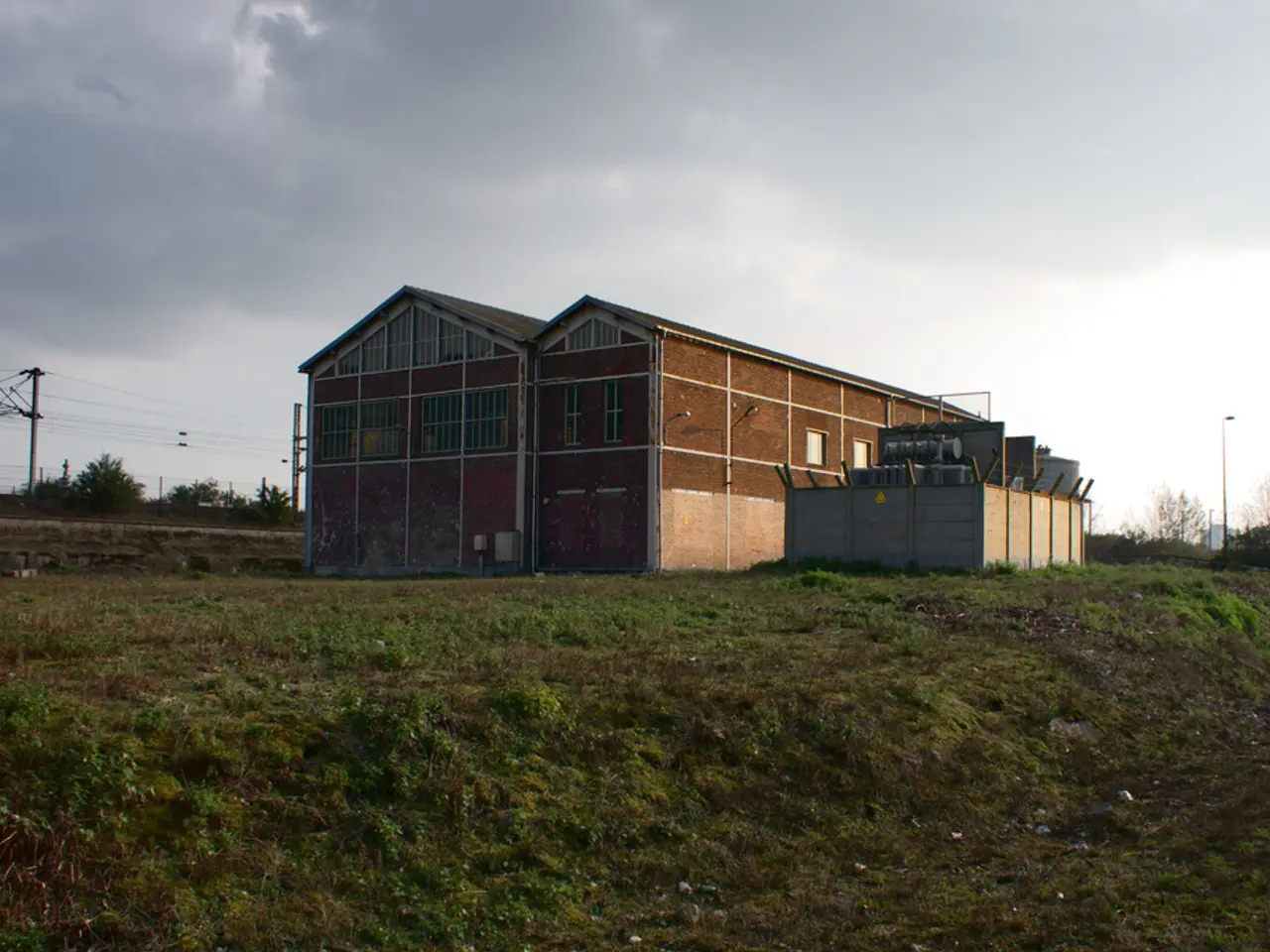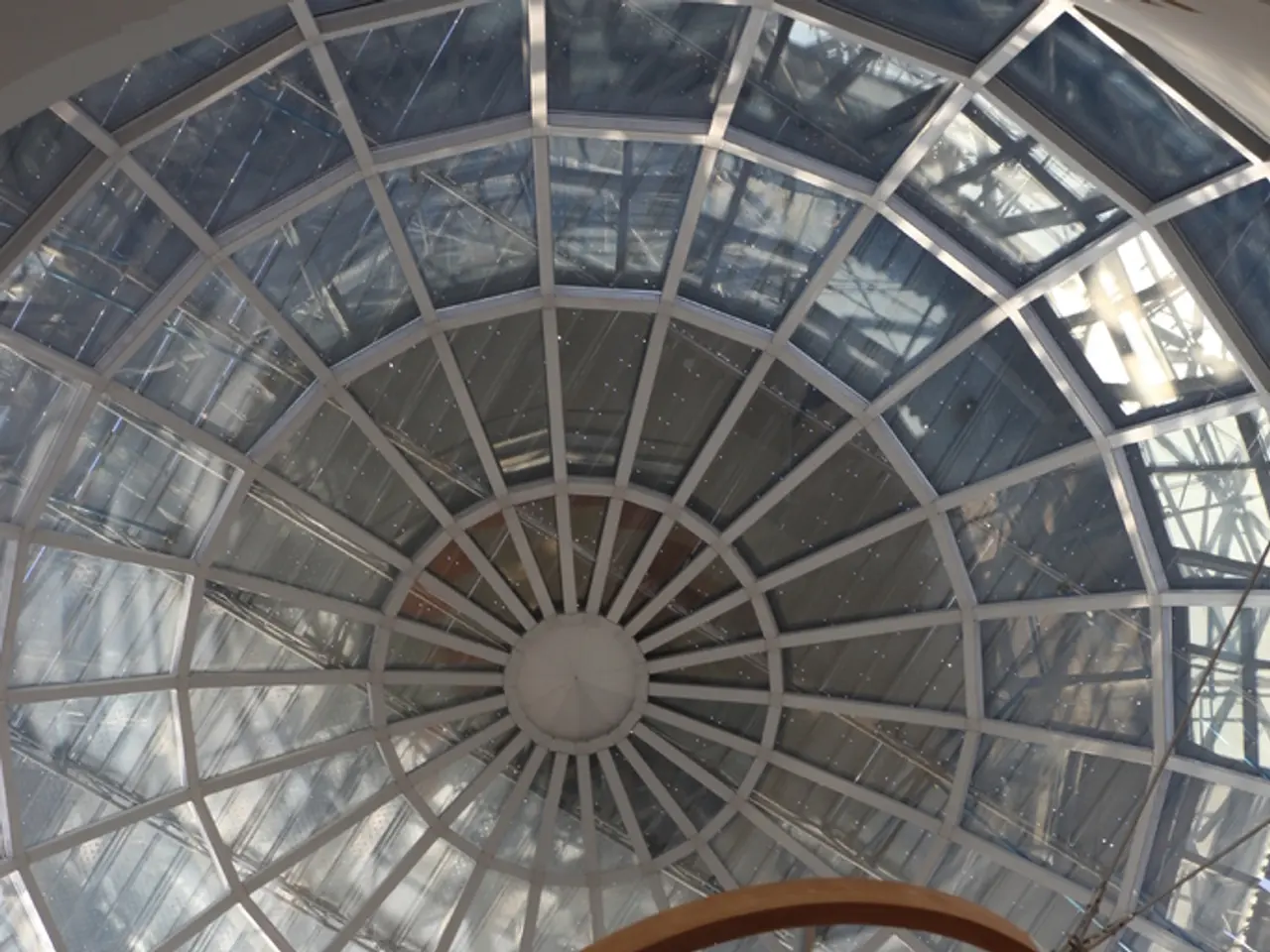Overnight Tax Implementation in Offenbach Starting from 2026
In an effort to bolster its financial resources and support the tourism industry, the city of Offenbach has announced plans to introduce an overnight stay tax for hotel guests beginning in 2026. This decision follows years of discussions and rejections of similar proposals, and it comes as the city faces a predicted deficit of almost 20 million euros for the year 2025.
The exact details of the tax's implementation and its potential impact on Offenbach's financial situation, tourism, and property taxes from 2025 to 2027 remain unclear. However, it is worth exploring the typical effects of an overnight stay tax, often referred to as a "city tax" or "tourist tax," on a city's economy and tourism.
Financially, an overnight stay tax can be a significant revenue generator for the city. The funds collected can be used to support local services, infrastructure, and tourism initiatives, potentially improving the city's overall financial health and enabling further investments in public services and amenities.
In terms of tourism, the tax might not deter tourists if Offenbach offers unique attractions and experiences. The revenue generated from the tax can be used to enhance these offerings, making the city more appealing to visitors. However, the presence of such a tax may make Offenbach slightly less competitive compared to nearby destinations without similar taxes, potentially affecting visitor numbers.
Regarding property taxes, the introduction of an overnight stay tax is unlikely to have a direct impact. However, increased revenue from the tax could lead to improved public services, benefiting property owners indirectly by enhancing the overall quality of life and possibly increasing property values.
It is important to note that the specific impact of the overnight stay tax in Offenbach from 2025 to 2027 is difficult to predict without detailed data or studies. The effectiveness of the tax will depend on how it is managed and how the revenue is utilized to benefit the city and its tourism industry.
Mayor Martin Wilhelm has announced an increase in property tax B by 300 points from 2027 onwards. However, the introduction of the overnight stay tax in Offenbach ensures that property tax B remains stable in 2025 and 2026. The revenue generated from the tax will be used for enhanced tourism marketing, with the expected annual revenue being approximately 1.3 million euros.
The decision to introduce the overnight stay tax was made after previous proposals by the FREIE WAÄHLER were rejected. The FREIE WAÄHLER Offenbach had criticized the late implementation, pointing out that the city has missed out on revenues of around 4 million euros in the past years. The Industry and Commerce Chamber (IHK) Offenbach am Main and the Hotel and Catering Association DEHOGA Hessen have expressed concerns about the additional financial and administrative burdens on the local economy.
The Federal Constitutional Court confirmed the compatibility of local overnight stay taxes with the Basic Law in 2022, and similar taxes are already established in many German cities, including Frankfurt am Main. Subscribing to the free newsletter provides updates from the city and district of Offenbach, keeping residents and visitors informed about the latest developments.
As Offenbach prepares to introduce its overnight stay tax, it is essential to monitor its implementation and evaluate its impact on the city's financial situation, tourism, and property taxes. With careful management and strategic use of the revenue, Offenbach has the potential to strengthen its tourism industry and improve its overall financial health.
What impact might Offenbach's overnight stay tax have on the city's finance and business sector? Implemented beginning in 2026, the revenue generated from the tax can be used to support local services, infrastructure, and tourism initiatives, potentially improving the city's overall financial health and making it more competitive for tourists.




